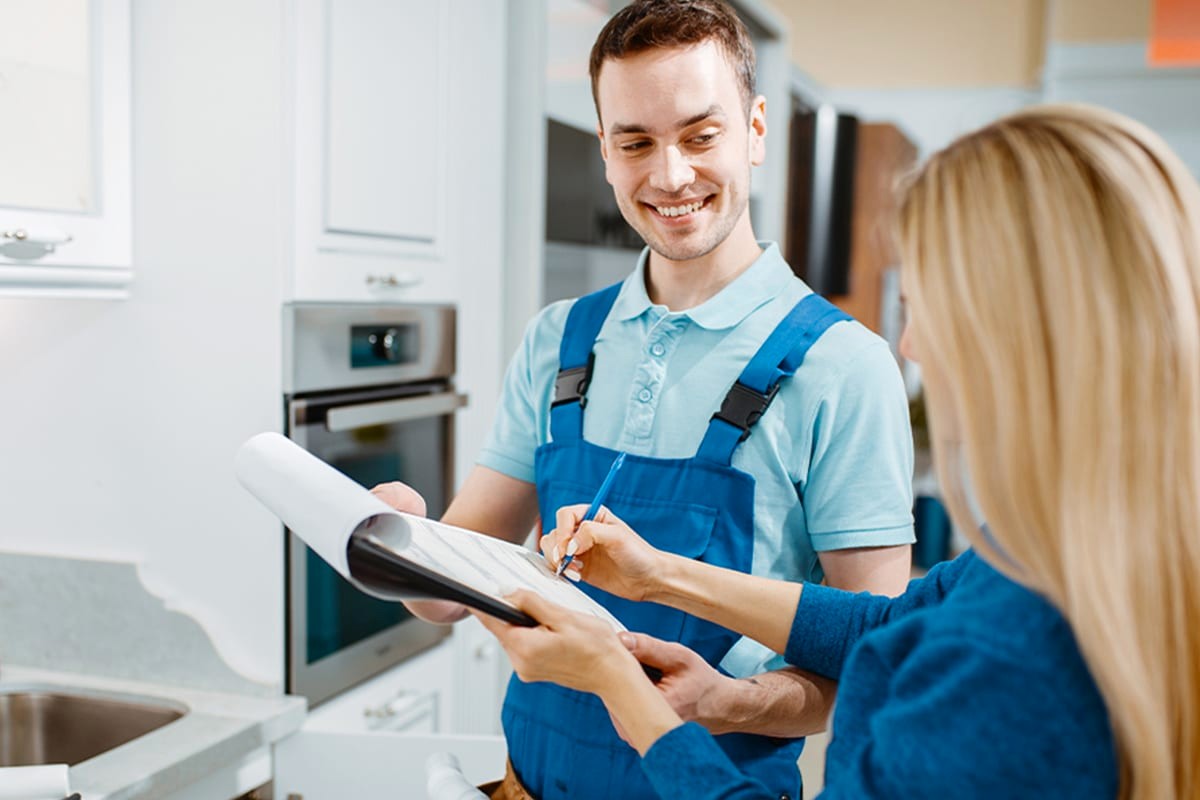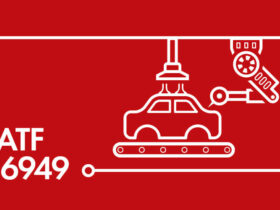So, you’re not afraid to get your hands dirty and handle those hefty tools? Well, becoming a plumber might just be the perfect career choice for you!
Plumbers play a crucial role in installing, testing, and maintaining the plumbing systems that ensure functional and hygienic drainage in buildings. But how does one become a licensed plumber in Australia? This comprehensive guide covers everything from the job description to licensing procedures.
But before we dive in, let’s understand what plumbing is all about.
What is Plumbing?
Plumbing involves the intricate system of pipes, water tanks, fittings, and various equipment that transport fluids for different purposes, such as providing drinkable water and facilitating heating and cooling systems.
These skilled professionals are the superheroes who ensure that all the pipes and systems containing gases or liquids are installed, repaired, and maintained correctly. They make sure that gas and water flow efficiently throughout structures, making everyone’s lives easier.
Why Pursue a Career as a Plumber in Australia?
First and foremost, the field of plumbing offers a plethora of employment opportunities and specializations. Whether you’re interested in sewage systems, gas appliances, roofing, or irrigation, there’s a niche for you to excel in. You could even end up working for government agencies or becoming a plumbing teacher or entrepreneur!
But what about the financial side of things? Once you complete your apprenticeship and obtain your license, you can start earning a decent income. On average, apprentice plumbers in Australia make between $23,000 and $55,000 annually. As you gain experience and expertise, your income potential increases, with some qualified plumbers making over $180,000 per year.
Aside from the monetary benefits, job security is another perk of being a plumber. The demand for qualified and licensed plumbers is ongoing, ensuring a stable and long-term career path. Plus, if you find satisfaction in helping others overcome challenging problems, plumbing is a perfect fit for you. You’ll have the opportunity to collaborate with clients and work on various building sites, keeping things interesting and fulfilling.
One of the best things about plumbing is that it allows you to be your own boss. Many licensed plumbers in Australia operate their own businesses and cater to a wide range of clients. So, if you’re not keen on being subordinated, plumbing gives you the freedom to operate independently and on your own terms.
Plumbing Specializations
Plumbing offers numerous opportunities for you to advance your skills and expertise. With eight different categories of plumbing, including drainage, water sources, sanitary, roofing, gas fitting, mechanical services, irrigation, and fire suppression systems, you have endless possibilities to choose from. You can enhance your skill set, pursue further education, and improve your employment prospects.
Regulatory Requirements
In addition to having the correct insurance for Victorian plumbers in place, to become a plumber in Victoria, Australia, you’ll need to meet certain qualifications. Firstly, you must be at least 18 years old and have a strong background in math. Then, you’ll need to complete a Certificate III in Plumbing, which includes two years of hands-on experience. Afterwards, you can pursue a Certificate IV in Plumbing Services, which provides advanced knowledge for obtaining your full license.
Becoming a Licensed Plumber in Australia
Becoming a licensed plumber in Australia starts with completing an apprenticeship under the guidance of a registered plumbing professional. This four-year program equips you with the skills to work independently. Next, you’ll need to earn a Certificate III in Plumbing to demonstrate your theoretical knowledge. After successfully finishing your apprenticeship and obtaining your Certificate III, you’ll need to gain practical experience in the plumbing industry. This experience is typically obtained by working as a qualified tradesperson for a certain number of years, which varies depending on the state or territory in Australia.
During this period, it’s important to keep building your skills and knowledge by staying updated with the latest plumbing practices and technologies. Consider participating in additional training courses or workshops to enhance your expertise in specific areas of plumbing.
Once you have accumulated the required practical experience, you can apply for your plumbing license. The licensing process varies across different states and territories in Australia, so it’s crucial to familiarize yourself with the specific requirements in your area.
Typically, the process involves submitting an application, providing evidence of your qualifications and experience, and paying the necessary fees. You may also need to pass a licensing examination, which assesses your knowledge of plumbing codes, regulations, and safety standards.
It’s important to note that maintaining your plumbing license requires ongoing professional development. You’ll need to stay updated with industry changes, complete continuing education courses, and renew your license periodically as per the regulations in your jurisdiction.
In addition to obtaining a plumbing license, it’s advisable to consider joining professional associations or organizations for plumbers in Australia. These associations offer networking opportunities, access to resources, and support for professional growth. Examples include Master Plumbers Australia, Plumbing Trades Employees Union, and Plumbing Industry Climate Action Centre.
Once you’ve become a licensed plumber, you can explore various career paths and opportunities within the plumbing industry. You may choose to work for a plumbing company, start your own plumbing business, specialize in a specific area such as gas fitting or roofing, or even pursue further education and become a plumbing instructor or consultant.
Remember, building a successful career in plumbing requires not only technical skills but also a strong work ethic, problem-solving abilities, and good communication with clients and colleagues. Continuously learning and adapting to industry advancements will ensure that you stay at the forefront of the plumbing profession.
So, with determination, hard work, and the right qualifications, you can turn your passion for plumbing into a rewarding and fulfilling career as a licensed plumber in Australia.











